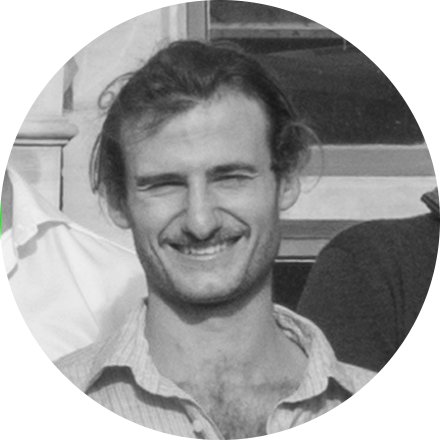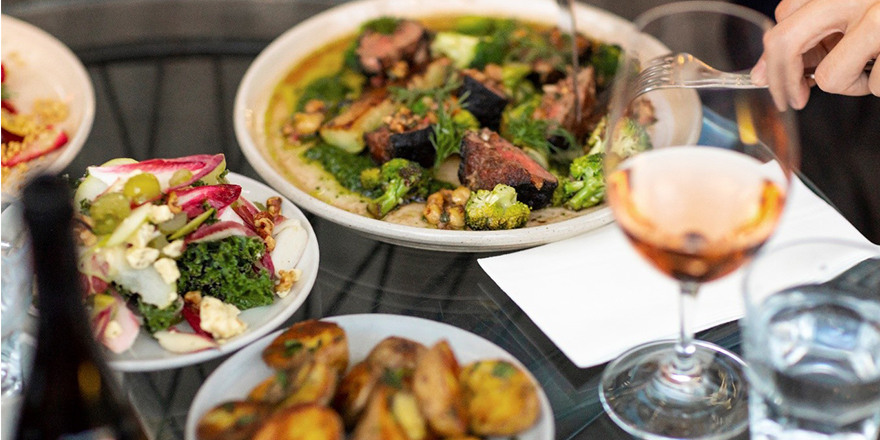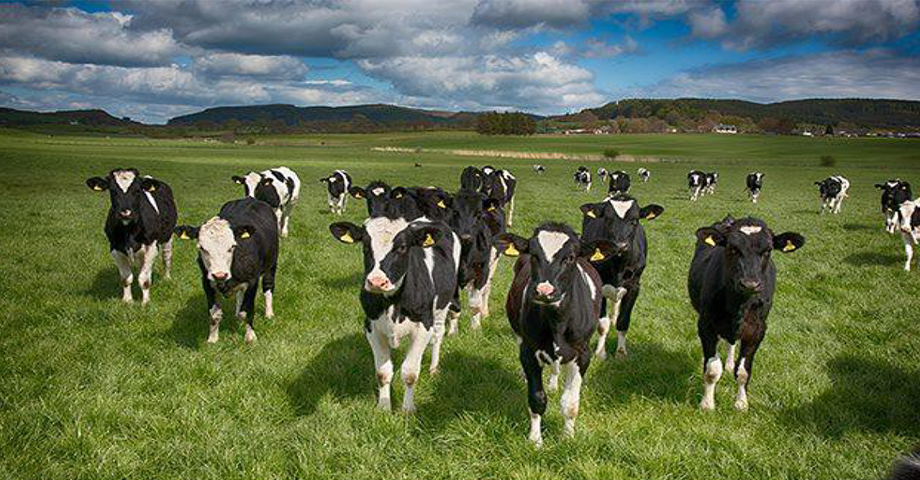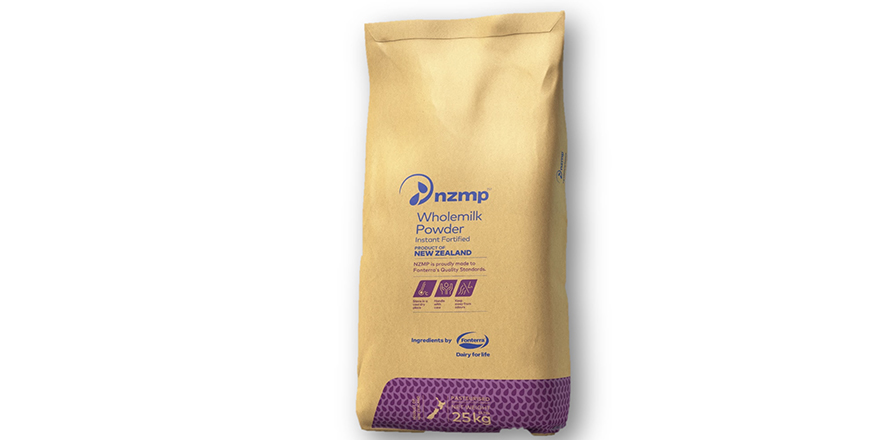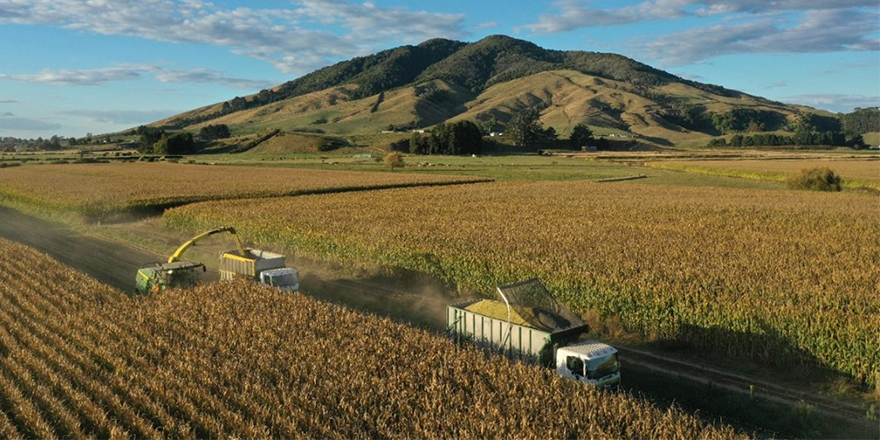
Executive Summary
There is great disconnect in society when it comes to externalities and who pays for these. Specifically in agriculture, the common goods be it air, water and soil are getting destroyed by modern farming methods. It is these very foundations that everything is built on, not just a farm or some food. Environmental limits are well and truly being meet here in New Zealand and globally. We cannot continue down this path for too much longer without seriously altering our sources of nutrition, our lifestyles, or finding a new planet and doing it all over again.
As farmers we have a huge responsibility to not only grow food but to care for the land and the resources of the world. Every decision we make when we farm holds environmental consequences, be it good or bad. We need to look for new ways of doing things to ensure our farming systems are not buoyed along by environmental destruction somewhere else. We need to find ways to minimize off farm inputs and start regenerating our soils. We need to keep the land productive but not at the cost of degradation. We need to start effectively managing the complex biological relationships that underpin a farms success, rather than being dependent on synthetic chemicals. We need to work with nature, rather than wage a war against it. We need to increase profitability. We need to find ways to bring community and vocation back to farming.
The objective of this report is quite simply to find a more ‘complete’ and realistic food growing solution for our farm Mingiroa Farm, that can then be modelled and modified to suit other farms not just nationally but globally. Bearing in mind that every farm and farmer is unique so I’m not advocating for a carbon copy approach, but fortunately the fundamentals of nature and life are all the same so hopefully it will provide a good starting point, inspiration or at least bring about some questions.
The research was initially looking at the regenerative agriculture principles to base a more complete food growing off and looking at modern industrial agriculture and where this may be failing. It then looks to our family farm, Mingiroa Farm as a case study and the opportunities present in the current system. With the help of textbooks, journal articles, interviews and Alex Novak a complete model has been planned and budgeted to understand how this may look and the financial implications of shifting and running such a system.
Download and read the full report here
